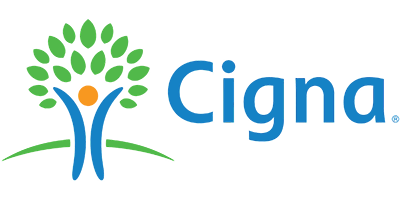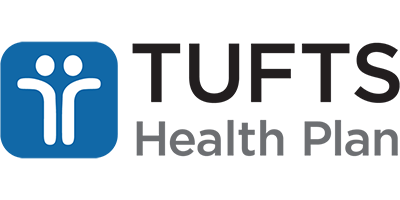
A specialized Austin dual diagnosis treatment program is one that simultaneously addresses both PTSD and addiction for the best outcomes in recovery. Ava Recovery is a leading provider of PTSD and addiction treatment in Austin. Our specialized programs empower clients to have the best outcomes in their recovery.


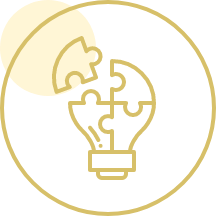
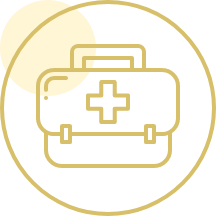

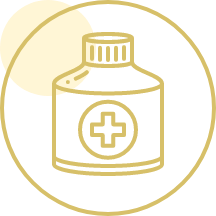
















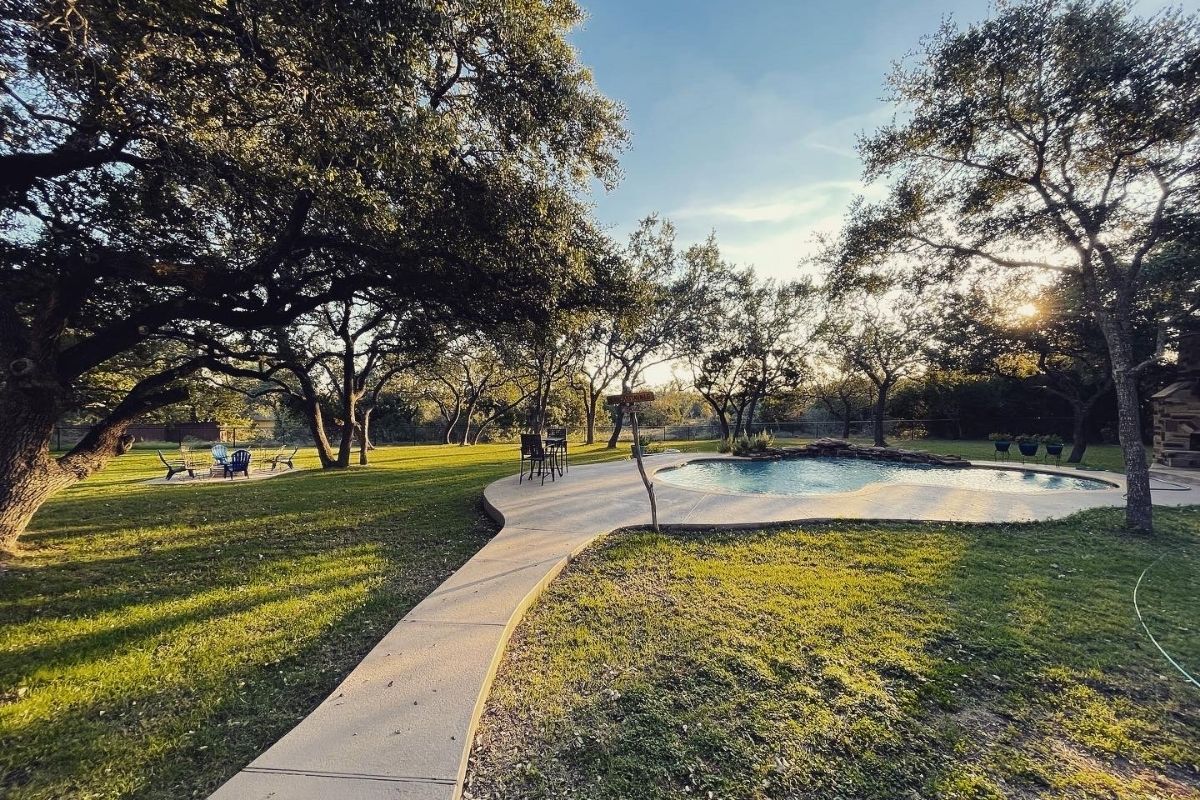

Post-traumatic stress disorder (PTSD) occurs after experiencing or witnessing a traumatic event. Many situations can lead to PTSD, with examples including:
Most people will begin to recover from experiencing something traumatic in a few weeks. With PTSD, they continue to experience symptoms that affect their lives in significant ways long after the event.
Along with simple trauma exposure, there’s also complex trauma, which can trigger complex PTSD. C-PTSD describes a more severe, persistent form of PTSD resulting from prolonged exposure to traumatic events. These events are more often linked to chronic abuse or ongoing trauma. Traditional PTSD is connected to a single traumatizing event.
Along with repeated trauma, features of C-PTSD that are different from PTSD include trauma that occurs within relationships. People with complex PTSD often experience significant disruptions in their identity and sense of self.
Learn more about our expert, medical drug & alcohol detox in Austin, Texas at Ava Recovery.

The symptoms of post-traumatic stress disorder are usually grouped into four categories. These are re-experiencing, avoidance, negative shifts in mood and thinking and hyperarousal. Not everyone will experience all symptoms, and symptom severity varies among individuals.
The most common PTSD symptoms include:
These may include involuntary flashbacks and vivid memories of the event that make the person feel like they’re reliving it. Nightmares and intrusive, disturbing images and thoughts are also considered re-experiencing symptoms.
Someone with PTSD might avoid the things that remind them of the traumatic event. Avoidance can include people, activities, situations and places that are reminders. Feeling detached and emotionally numb, having a limited range of emotions, and a reluctance to discuss the event can also occur.
Someone with PTSD could develop a distorted view of themselves or a sense of pessimism about the world in general. They might blame themselves for the traumatic event or feel a great sense of shame. Some people with PTSD have trouble remembering details surrounding the event, or they might lose interest in things they once enjoyed.
Hyperarousal symptoms include hypervigilance regarding potential threats and an exaggerated startle response. These symptoms also include problems controlling one’s temper, increased irritability, insomnia and restless sleep.
The symptoms of PTSD can significantly affect a person’s quality of life and functioning. Ava Recovery is an Austin PTSD center. Offering PTSD and trauma treatment in Austin, we also provide care for co-occurring substance use disorders in a safe, structured environment.

There’s a documented relationship between PTSD and substance abuse. Someone with PTSD may be more prone to turn to drugs or alcohol to cope with their symptoms. The relationship often becomes complex and reinforcing. Reasons for the connection between the two conditions include:
Drugs and alcohol contribute to worsening PTSD symptoms in several ways, including:
At Ava Recovery, we offer combined PTSD and addiction treatment in Austin that takes into consideration the complex relationship between the two conditions.

Dual diagnosis treatment is also known as co-occurring disorders treatment. It’s an integrated approach to address the symptoms of mental health and addiction disorders simultaneously. A dual diagnosis plan is tailored to meet the individual needs of someone with both conditions.
The components of a dual diagnosis treatment plan for someone with addiction and PTSD might include:
When you’re seeking PTSD and addiction treatment in Austin, we encourage you to consider Ava Recovery. Our center offers a state-of-the-art program with trauma-informed care outside the Austin metro. We use many different treatment approaches for overall well-being and to prepare our clients to re-enter their daily lives and not just experience recovery but thrive fully.
As you compare options for PTSD and addiction treatment in Austin, it’s essential to look for a center like Ava Recovery that specializes in dual diagnosis and is staffed by master clinicians and licensed therapists.
Contact us today to learn more or take the next step.
Located just outside metro Austin, in Buda, Texas, we offer you a luxury environment that encourages healing and rejuvenation. Our secluded property provides you with a safe and comfortable, world-class setting where you can focus on your recovery.
We offer free consultations to anyone who reaches out for help. Did you know most major insurance carriers will cover the costs associated with treatment? Contact our trusted treatment team today to discuss your personal options for treatment.
Ava Recovery is proud to offer a variety of treatment options to provide you with a treatment plan that fits your needs. From detox to residential inpatient to aftercare and beyond, we’re with you each step of the way. Learn more about how we can help right now.




